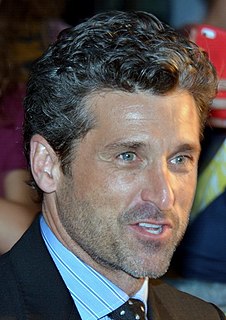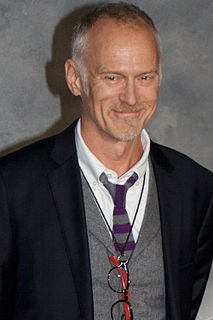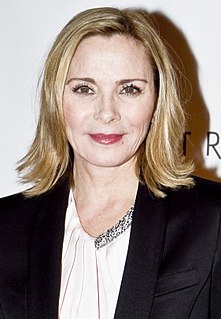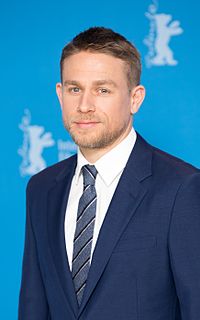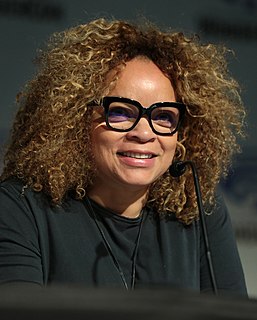A Quote by Patrick Dempsey
I think TV is much more the writer's medium and film is about the director and their vision and how you can collaborate with them and see that through to the end. They are so different.
Related Quotes
The first thing I say when people ask what's the difference [between doing TV and film], is that film has an ending and TV doesn't. When I write a film, all I think about is where the thing ends and how to get the audience there. And in television, it can't end. You need the audience to return the next week. It kind of shifts the drive of the story. But I find that more as a writer than as a director.
When I'm in the studio, I write the music, I play the different instruments, I produce it, I arrange it, and it's a self-indulgent exercise. It's the way I make my music. And when I'm acting, I get to leave myself behind, which is a relief. I get to collaborate with a director; I respect the director's medium and all the actors and actresses. So at the end of the day, it's about a character and it's about a director's vision. It's a really good balance for being so intense and alone in my personal process of making music.
Film’s thought of as a director’s medium because the director creates the end product that appears on the screen. It’s that stupid auteur theory again, that the director is the author of the film. But what does the director shoot-the telephone book? Writers became much more important when sound came in, but they’ve had to put up a valiant fight to get the credit they deserve.
I did a good bit of episodic television directing, but directing a movie is so much more complicated. And there's so much more responsibility because the medium is very much a director's medium. Television is much more of a producer's writer's medium so a lot of the time when you're directing a television show they have a color palette on set or a visual style and dynamic that's already been predetermined and you just kind of have to follow the rules.
My favorite part about costume designing is the artistry of the job. You meet with a director and a visionary to discuss ideas. You research the characters and figure out the components of their look through your own vision. You create a color palette for a film, television or stage medium and discuss it with the director of photography who then lights your colored subjects.
Film is the manipulative medium par excellence. When you think back on the history of film and the 20th century, you see the propaganda that's been made. So there are moral demands on the director to treat the spectators as seriously as he or she takes himself and not to see them merely as victims that can be manipulated to whatever ends they have.
